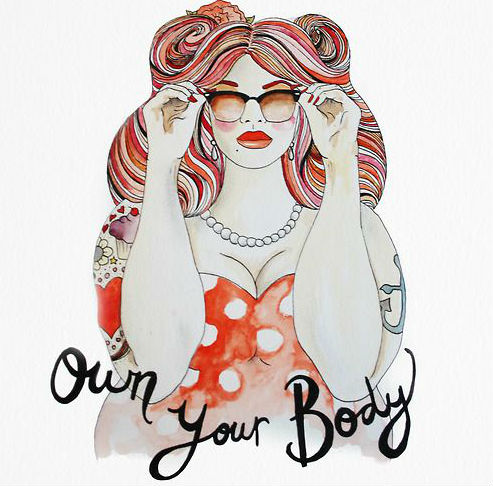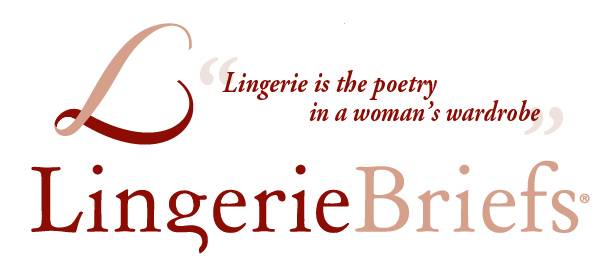The Dark Side of Social Media
By ALI CUDBY

I’ve been thinking about social media marketing a lot lately. As something I use in my business as a tool, social media marketing can be great. I share blog posts, pictures of my life or random thoughts that are seen by friends and clients around the world in an instant. Awesome.
At the same time, I’m increasingly troubled by the dark side of social media. The other day I came across a video on Buzzfeed that showcased the impact of social media, and how it’s both helpful and hurtful.
A young woman with significant acne posted pictures of herself without makeup. She received over 100,000 comments about her face, mostly negative. Gross, ewww, disgusting and horrible were a few of the words people wrote about her. Not the worst, mind you.
The same woman then posted images of herself fully made up. When made up, she was lauded as “amazing” and “beautiful” but also shot down for being misleading, falsely advertising, and (again), gross. The video showed how the woman’s experience became a source of inspiration for others who had also felt ashamed of their acne and other skin conditions. Social media at its best and worst.
For me, the video highlighted two main issues.
First, for all the good in social media, women are being shamed for their looks All. The. Time. No matter what women do, there’s some troll who will hide behind the anonymity of the Internet and hurl invective in their direction. Or worse, seemingly “helpful” comments that cut just as deep. Even women with the best self-esteem can be challenged by such negative commentary, and most women don’t have the best self-esteem.
Seeing negative comments about other people can be a trigger, too, leading women to think, “hey, if SHE is getting blowback for being too fat/thin/ugly/slutty then just imagine what people would say about me. In comparison I’m fatter/thinner/uglier/sluttier.” Thinking like that becomes a self-perpetuating shame spiral.
It’s not helped by the second issue, namely, that social media creates false personas I see as dangerous for women and girls’ self-image.
Social media profiles are not an accurate reflection of real lives. When we constantly see the seemingly perfect, photoshopped, highlight-reel versions of people’s lives, it’s easy to feel like our fully fleshed out, real, imperfect lives are falling short. From there, it’s a quick hop to the fearful thought that WE are not enough. Nothing good happens in the “not enough” place. Yes, there is a positive side to social media, but a single negative message is far more powerful than many positive ones. Research shows people need 4-6 positive messages to counterbalance every negative message.
When I think of the impact on girls and teenagers, who are still forming opinions of themselves in the world, the impact of social media on self-esteem goes from discouraging to terrifying.
I’m left pondering this wrenching question – how are women going to develop the positive self-image needed to believe we are enough when we are surrounded by increasingly personal, negative messages?


Thanks for posting, Ali! This is such an important issue in society today.
As a professional fitter in the lingerie industry for over 12 years, I have seen and heard all kinds of ways women feel about their bodies. We tend to need no help picking ourselves apart with regard to imperfections. That’s our culture in the U.S.- the strive for aesthetic perfection. I totally agree about Social Media. It can be a very dangerous place for young women who may have not fully developed into confident, mature women. But with regard to self-image, so can the home and family environment. Many of the young (and not so young) ladies I see have body hang-ups that originate from something said to them by (dare I say) their mothers. This is something that really upsets me because I believe that mother figures (with backup from other family members) are suppose to foster that sense of positive self image and confidence. Perhaps the comment wasn’t meant to do the damage it , but at that point it’s too late.
Positive self image needs to start from a young age, at home so that it can radiate outward from there. Imagine if all of those awful bullies in the example you cited above had had positive role models. They might have learned some tact, kindness, sympathy, empathy, and had the skills they needed to build someone up instead of tearing them down.
It all starts at home. If your daughter is comfortable in her own skin, she’s not going to seek acceptance of herself solely based on responses from Social Media. She’s going to know what and who is important to her. It takes every ounce of control I have within myself not to ask a Negative Nancy mom to please step out of the shop if I am doing a fitting for her daughter and I hear the mother go in and make a negative comment about her daughter’s body or the way she looks in a bra, swimsuit, or outfit because of a specific body attribute.
I hope all of the lingerie professionals out there who are reading this article realize that they need to be very careful about the language they use in their shops. Take some time to stop and think about how the “little” things you say and the way you say them can have an impact on women of any age. Talk with your staff regularly about helping foster that sense of positive self image with every single one of your customers and create a “body shame-free” environment. It is such an integral part of what you should be doing to serve the women in your community.
Believed in yourself! Have faith!!
So well written, and so important. Thank you Ali !